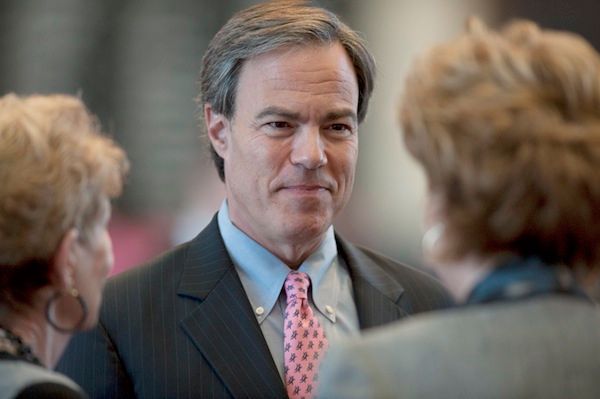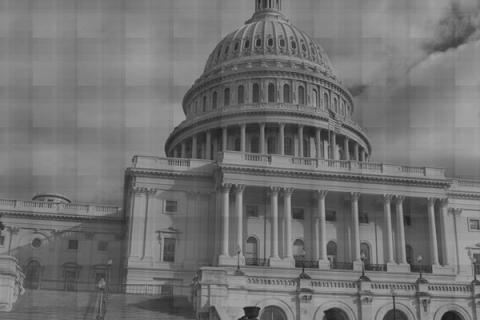
Texas Speaker of the House Joe Straus will be challenged for his seat by Rep. Bryan Hughes (R-Mineola), a conservative trial lawyer from East Texas. Hughes argues he is more conservative, fiscally and socially, than the incumbent speaker and believes the legislative process needs to be decentralized and open. He argues that has been an issue under Straus’ tenure.
This isn’t the first time Straus has been forced into a position to defend his seat from factions in his own party. He was challenged in the last legislative session by two Republicans because they argued he was not conservative enough to run the Texas House. The 82nd Texas Legislature was considered by many analysts across the state to be the most conservative in the history of Texas.
The infighting between Straus backers and conservative activists who wanted him defeated in 2011 turned ugly very fast. However, Speaker Straus did not only have support within the Texas GOP, but also from Democratic lawmakers. This helped him secure the top leadership position in the Legislature.
Joe Straus may not be able to turn to some of his support from across the aisle on January 8, the first day of the 83rd legislative session and the day the Texas House elects the speaker, because the legislature cut $5.4 billion from public education under his leadership and approved redistricting maps that the US Department of Justice and a federal court found to be discriminatory against minority groups.
Bryan Hughes may have an opportunity to pick up some support from across the aisle, but the biggest challenge he faces with regards to securing support from Democratic lawmakers is the balancing act between arguing he is more conservative than the current speaker, which does not appeal to Democrats, and convincing the other side that he will make the legislative process fair to everyone.
Rep. Hughes is confident that he will win support within his own party and the Democratic Party from a procedural standpoint.
“I haven’t asked any members to come out for me publicly, Republican or Democratic,” He said. “They [Democratic lawmakers] don’t like the way the House is being run.”
Many conservative activists in Texas argue that Joe Straus is more moderate than he is conservative. Tea party-affiliated organizations have already reached out to Republican lawmakers in an effort to persuade them to vote for Bryan Hughes instead of Joe Straus.
The strength and relevance of the tea party in the state may be put to the test, because the movement has lost traction nationwide, but still had enough influence in Texas to keep Lt. Governor David Dewhurst from replacing Kay Bailey Hutchison in the US Senate. However, very few analysts predicted Dewhurst’s loss would hurt Speaker Straus politically.
The results of the 2012 elections have caused many Republicans nationwide to reconsider the direction the GOP is moving. The internal struggle to claim the Republican identity became a competition between Republican leaders and activists to be labeled more conservative.This has been the case for several years, but the infighting will likely intensify as the GOP looks to the survival of the national party.
There is a real possibility that, in less than a decade, the State of Texas could feasibly become a swing state or even turn blue. There is a segment of the voting bloc that is quickly growing and tends to vote for Democratic candidates. A changing electorate could put the state party in the same position as the national party, but conservative pundits believe conservative ideas are working in the state and that Texas needs a solid conservative leader in the Texas House.
